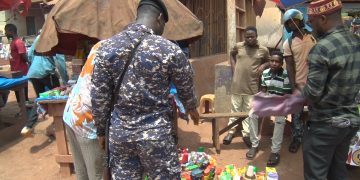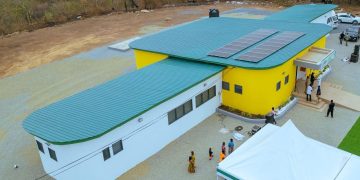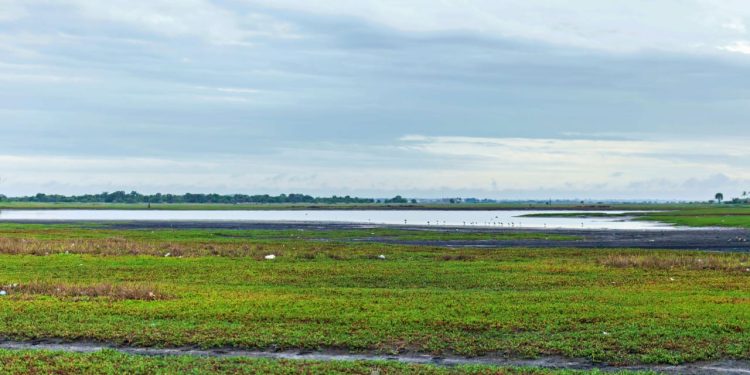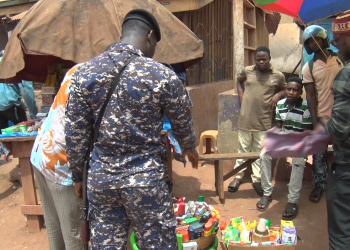The Climate Resilience for Critical Sites for Migratory Birds and People along the East Atlantic Flyway (IKI-CREAF), seeks to address the growing threats posed by climate change and human activities to migratory waterbirds and vital wetland ecosystems.
Funded by the German Federal Ministry for the Environment, Nature Conservation, Nuclear Safety and Consumer Protection (BMUV) and coordinated by the Common Wadden Sea Secretariat, the project is being implemented in Ghana by the Centre for Biodiversity Conservation Research (CBCR) in collaboration with the Wildlife Division of the Forestry Commission.
Migratory waterbirds travel vast distances between their breeding and non-breeding grounds, depending on healthy and functional wetlands along their routes.
However, the impact of climate change, combined with increasing human pressures, is threatening these critical habitats.
In Ghana, five coastal Ramsar sites and one inland wetland provide essential stopover and nesting grounds for thousands of migratory birds each year, but their ecological integrity is at risk.
Globally, migratory bird populations are in decline due to habitat loss and poor management of critical sites.
Experts warn that insufficient enforcement and a limited understanding of the root causes of these declines are further aggravating the problem.
The IKI-CREAF project, therefore, seeks to reverse these trends by strengthening local and institutional capacities for wetland conservation.
It is being implemented in two out of the five coastal Ramsar wetlands in Ghana, including Densu Delta and Songor Ramsar sites.
Key focus areas include improving monitoring and data management, strengthening site management plans, reviewing and enhancing national conservation policies, fostering collaboration within the East Atlantic Flyway network, and promoting sustainable livelihoods for local communities.
By combining research, policy support, and community engagement, the project aims to protect both migratory waterbirds and the ecosystems that support the livelihoods of thousands of people along the Ghanaian coast.



































































